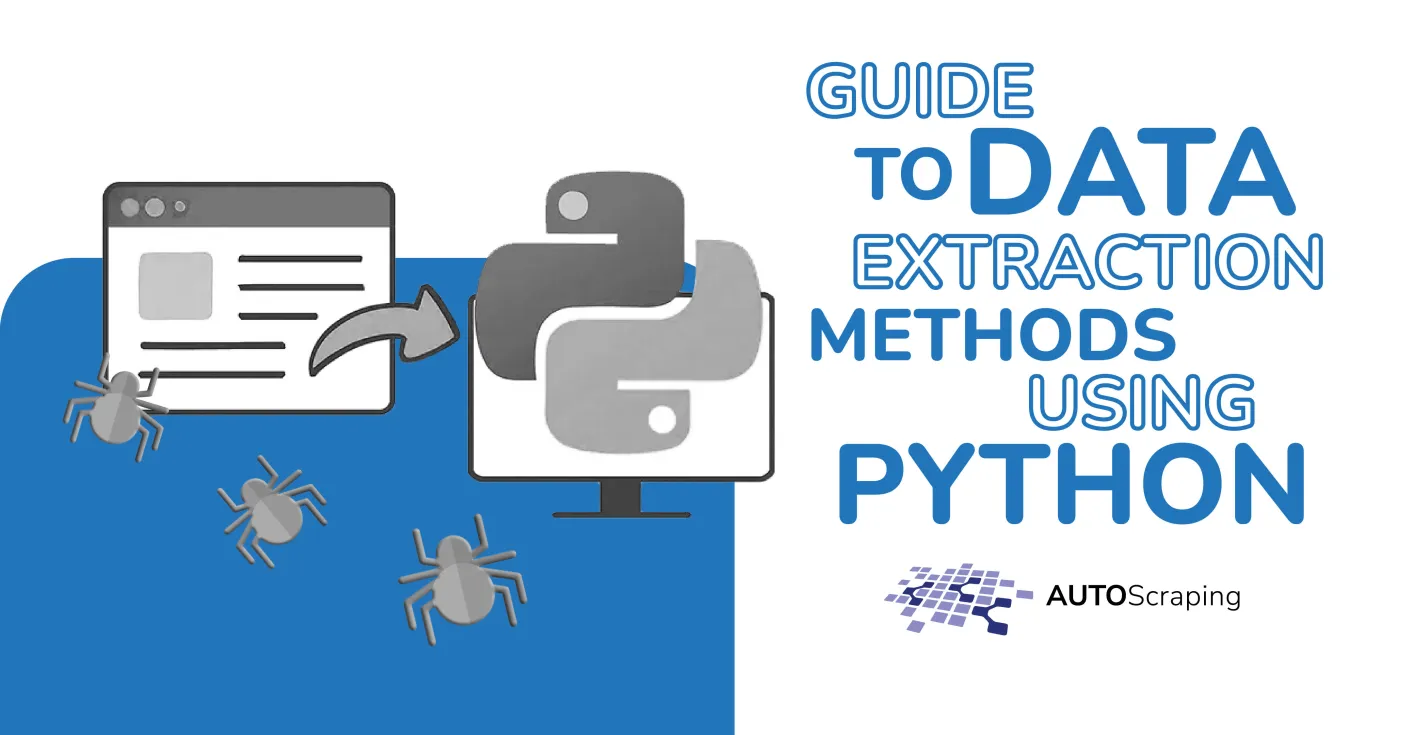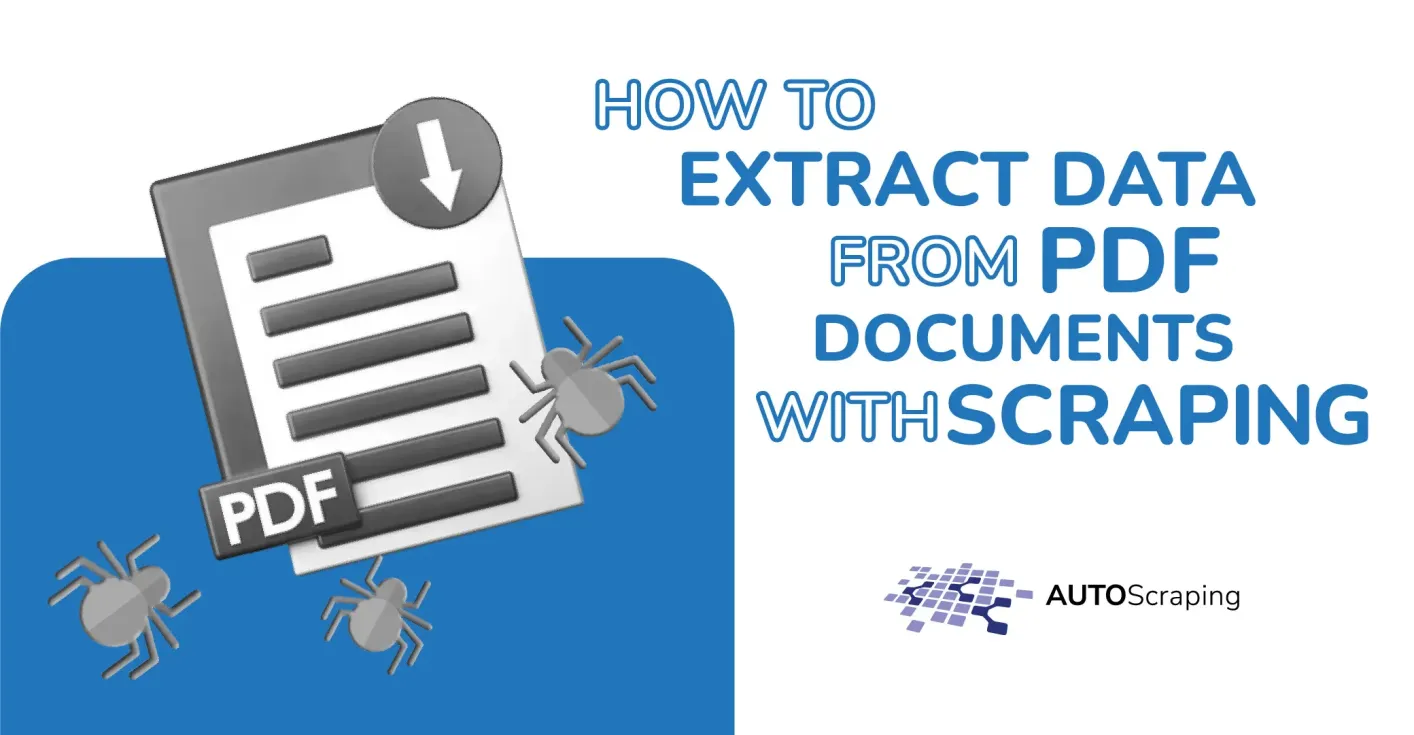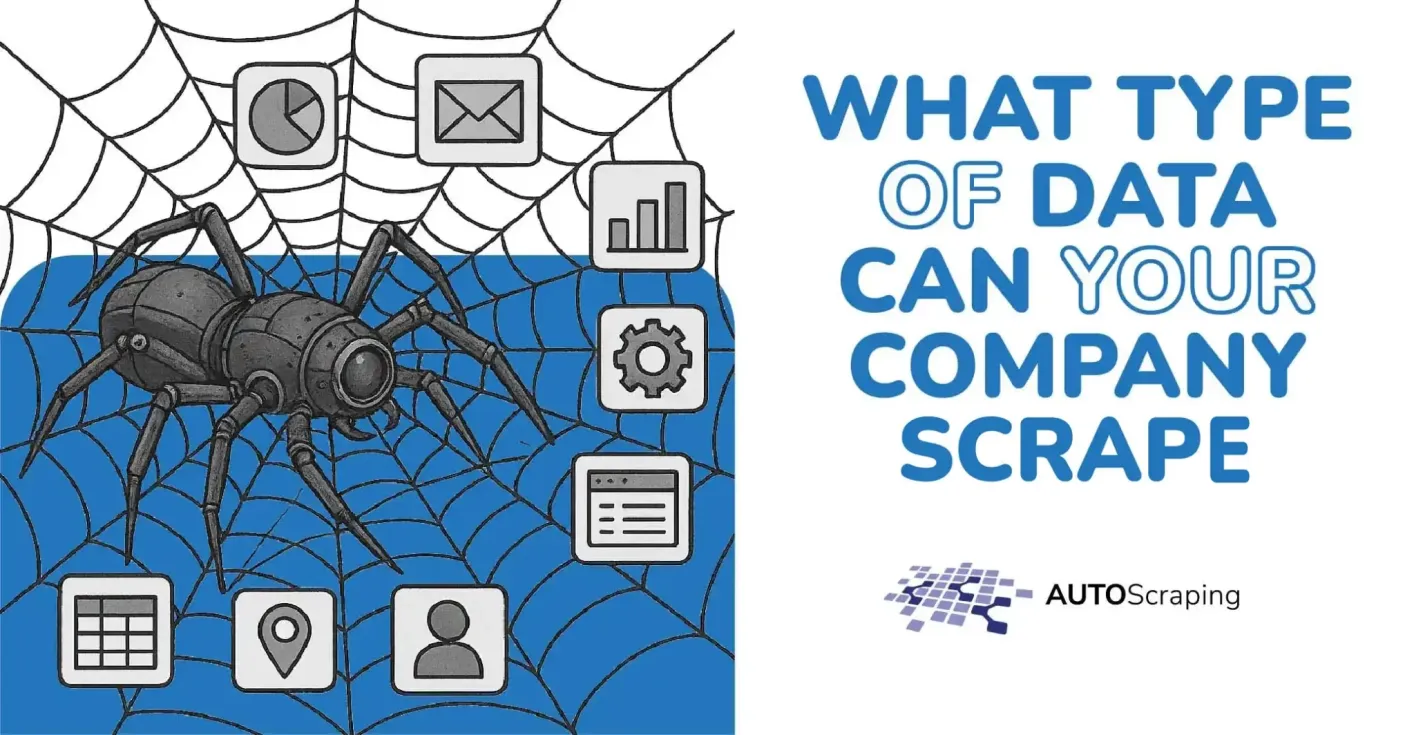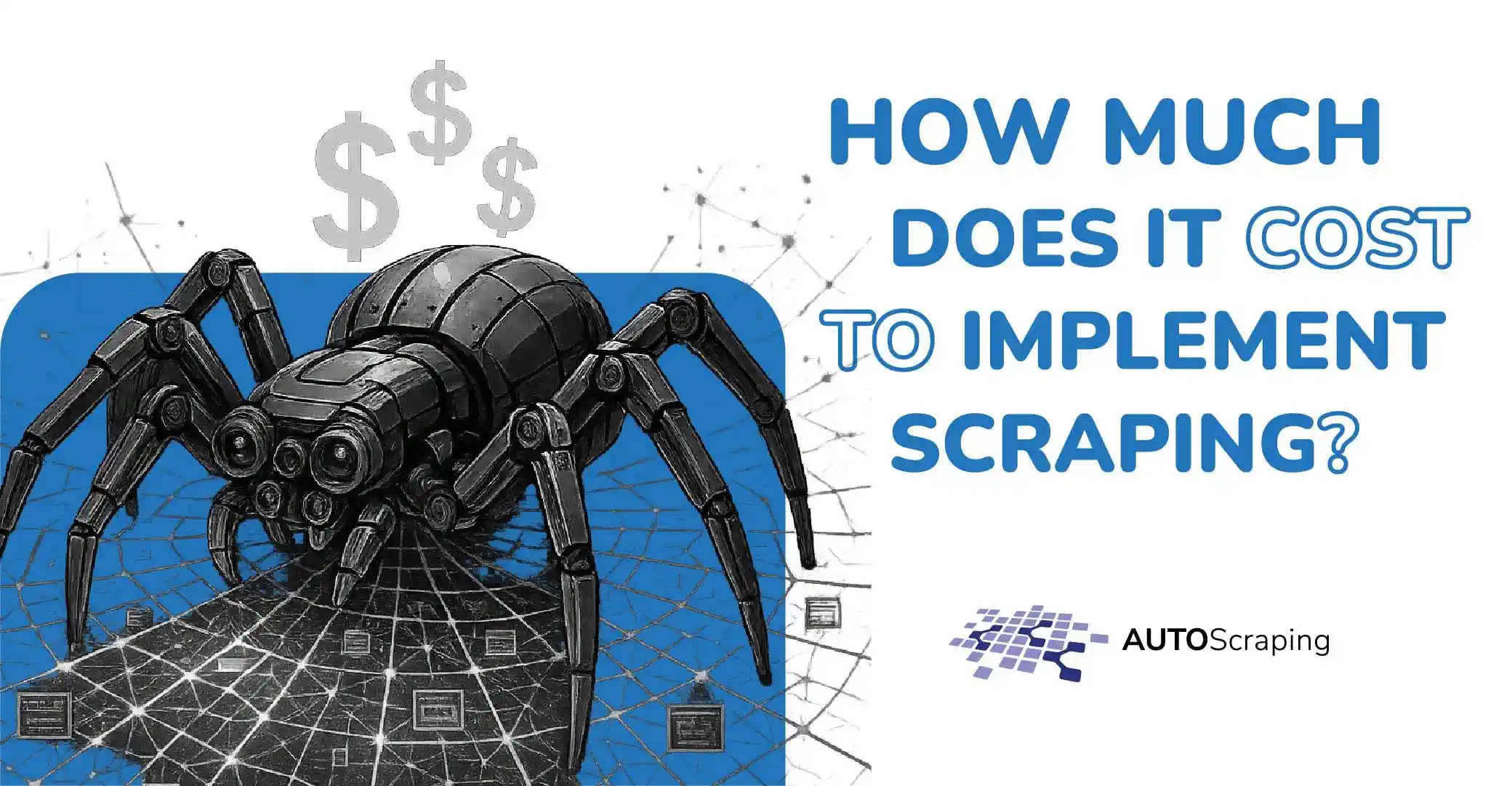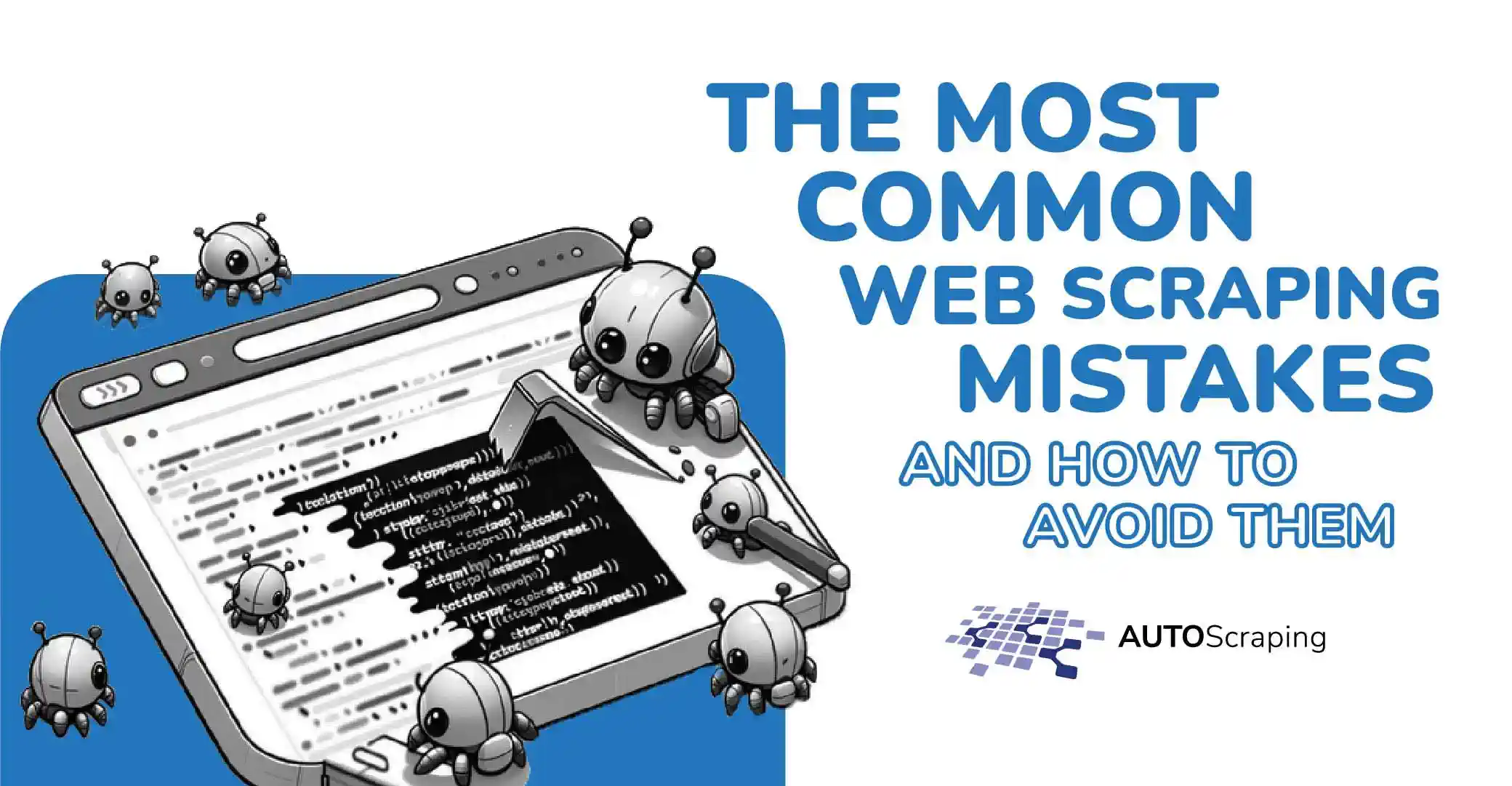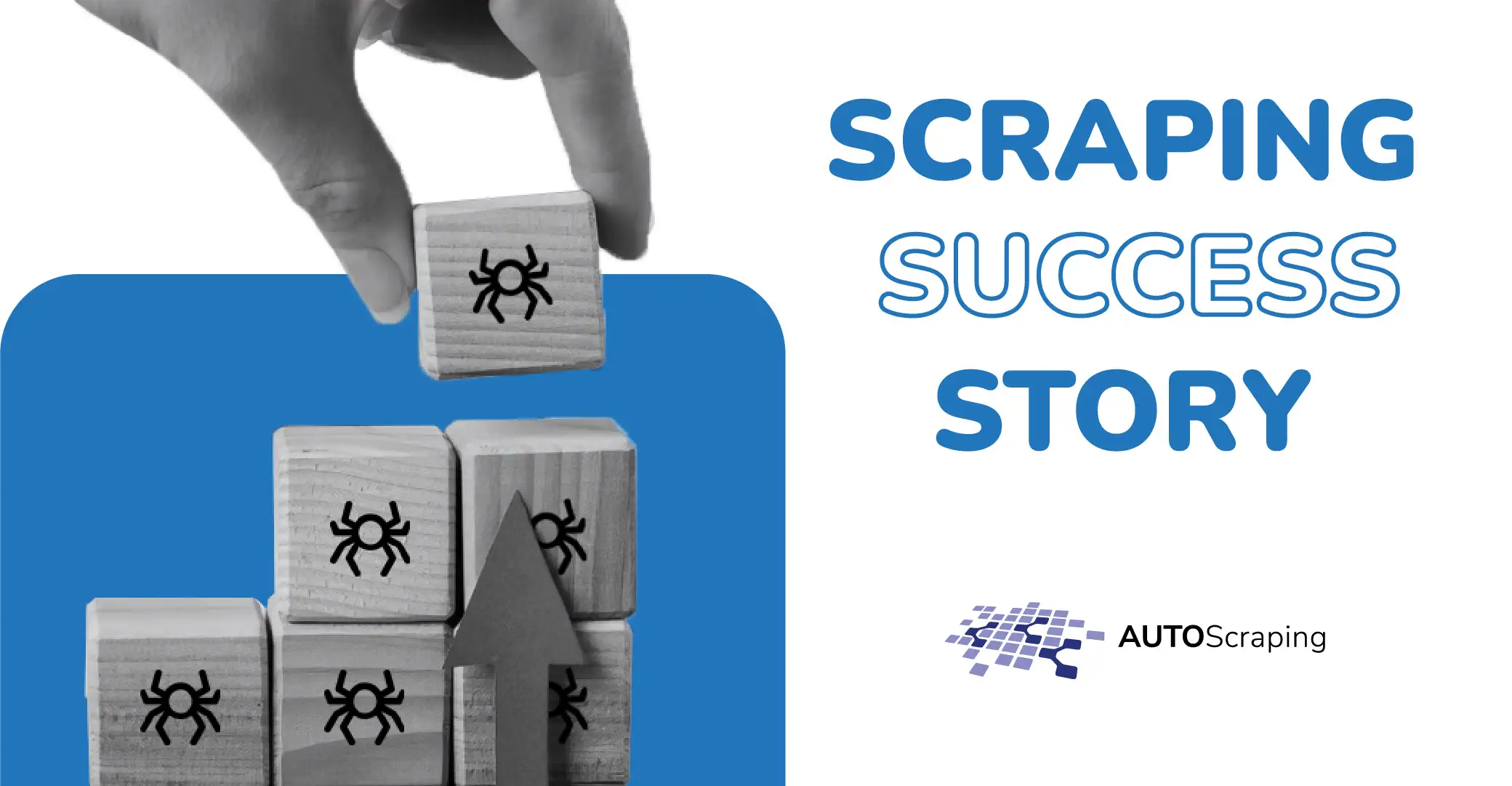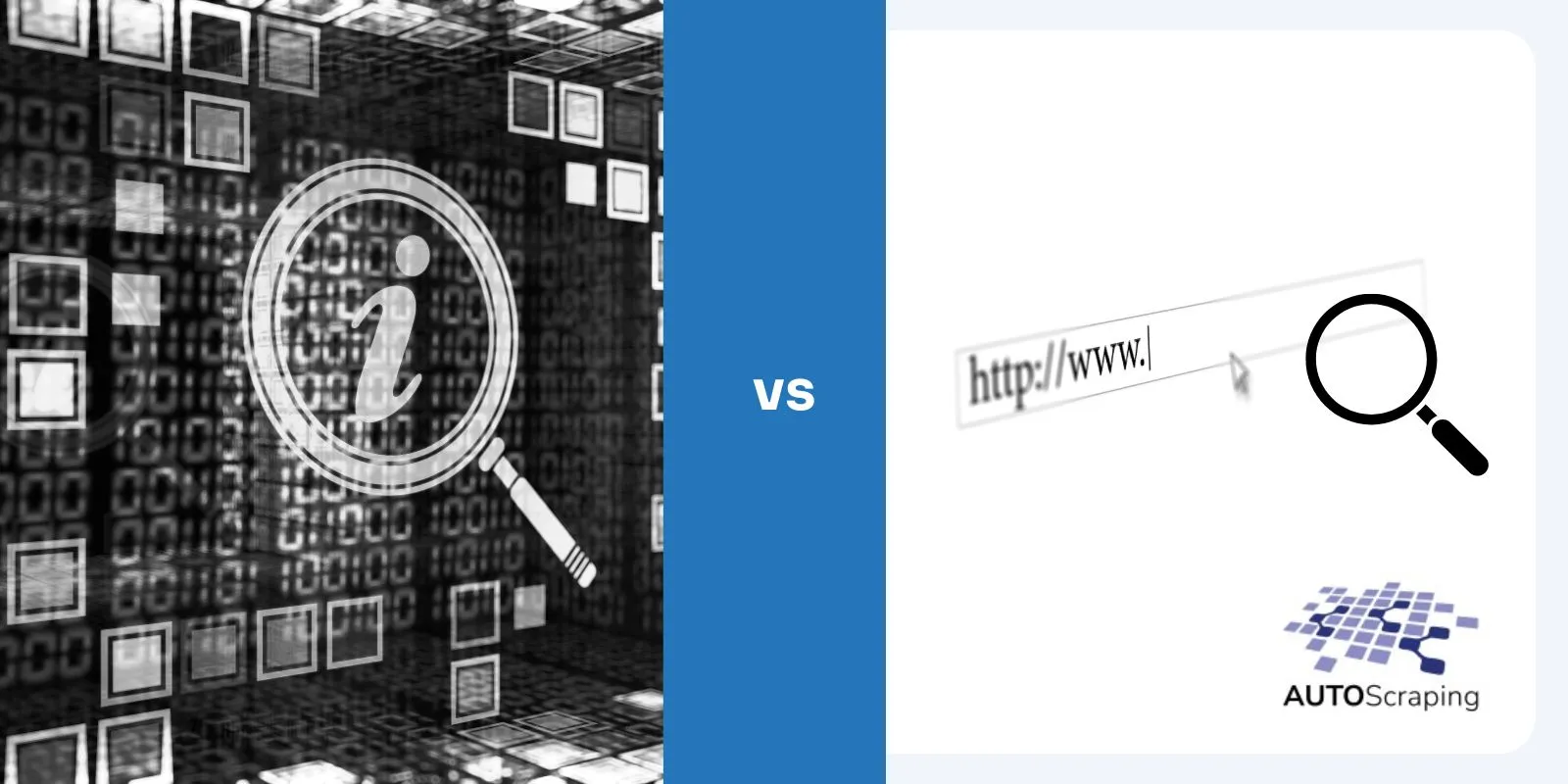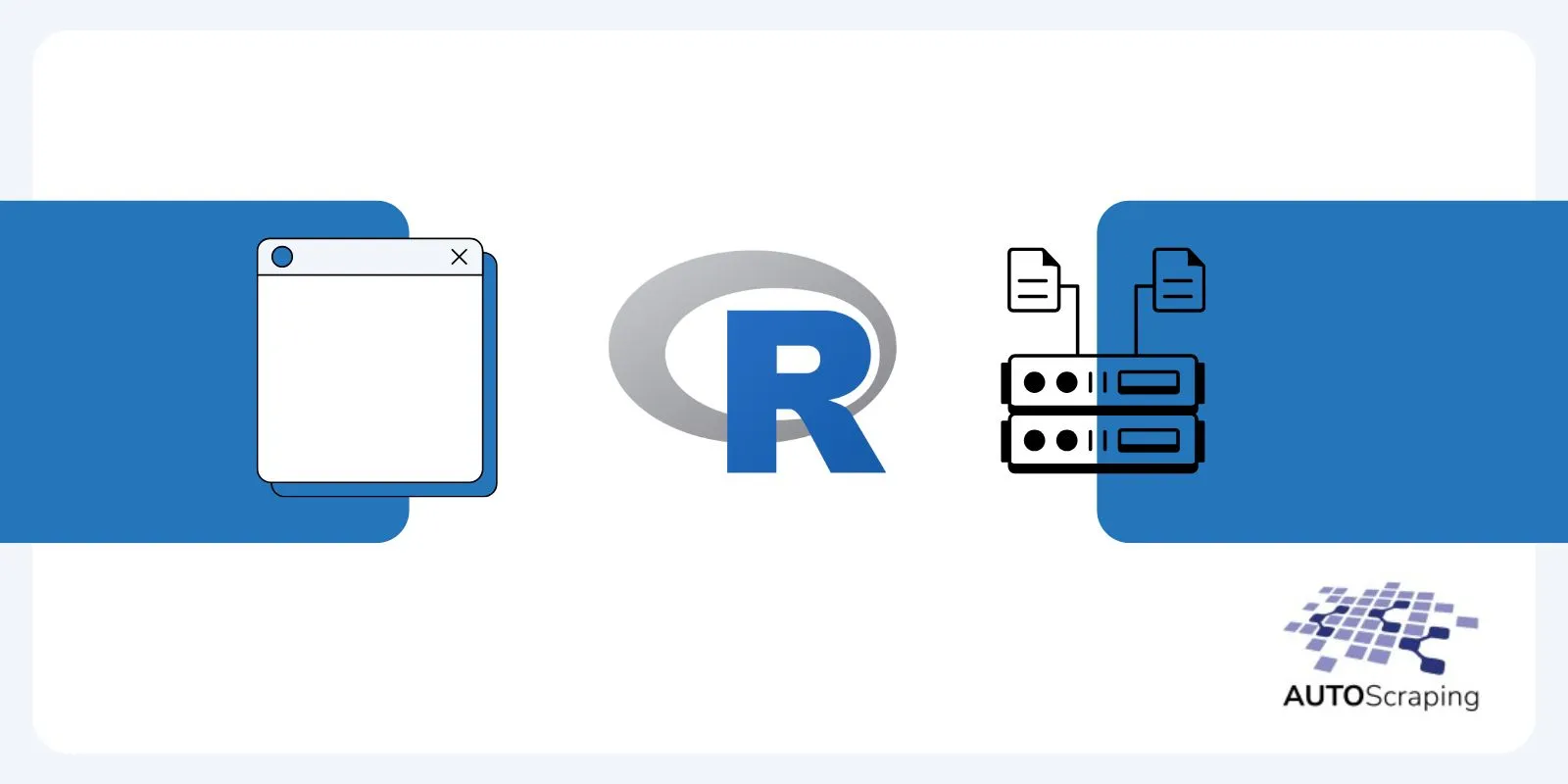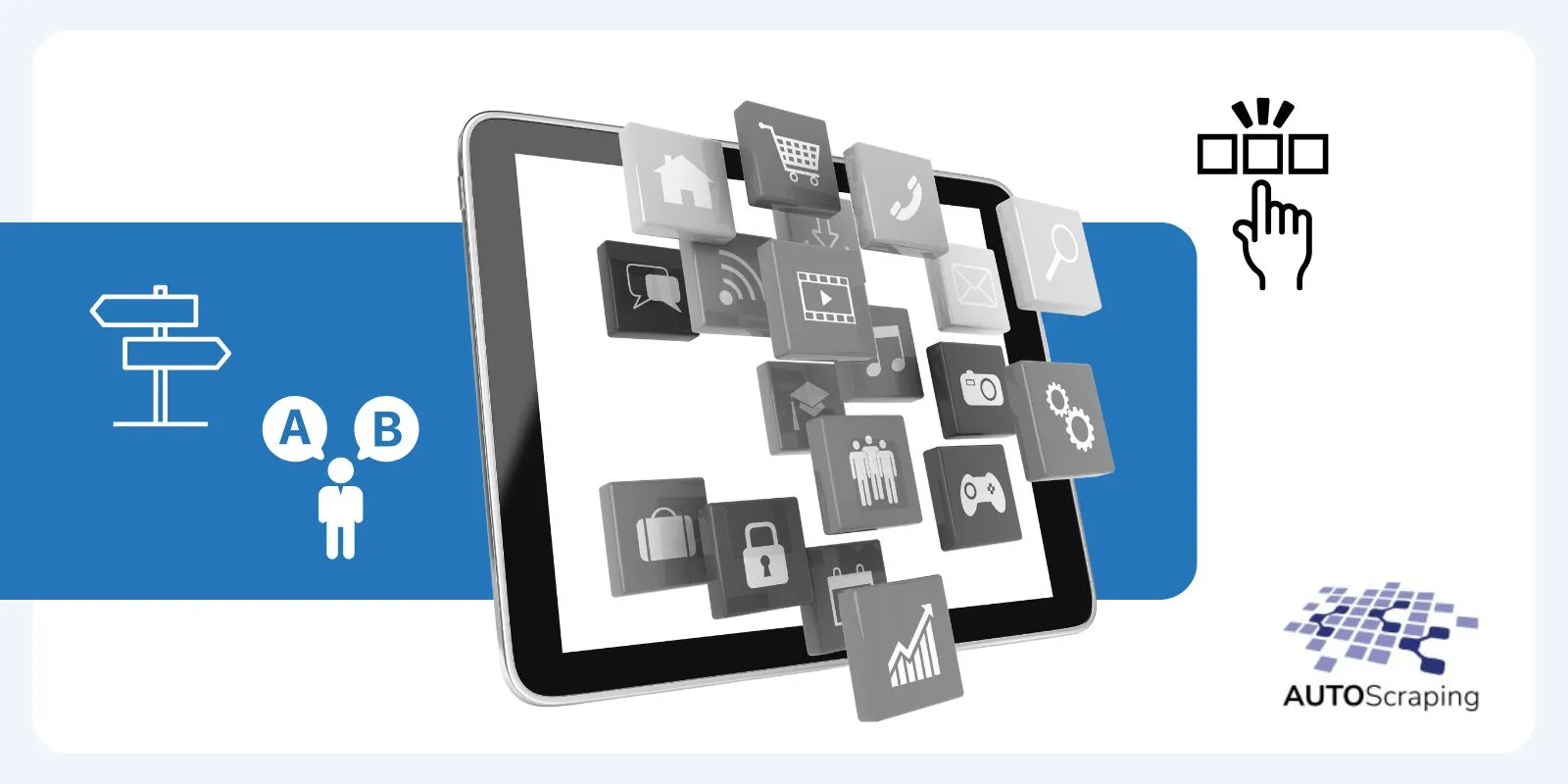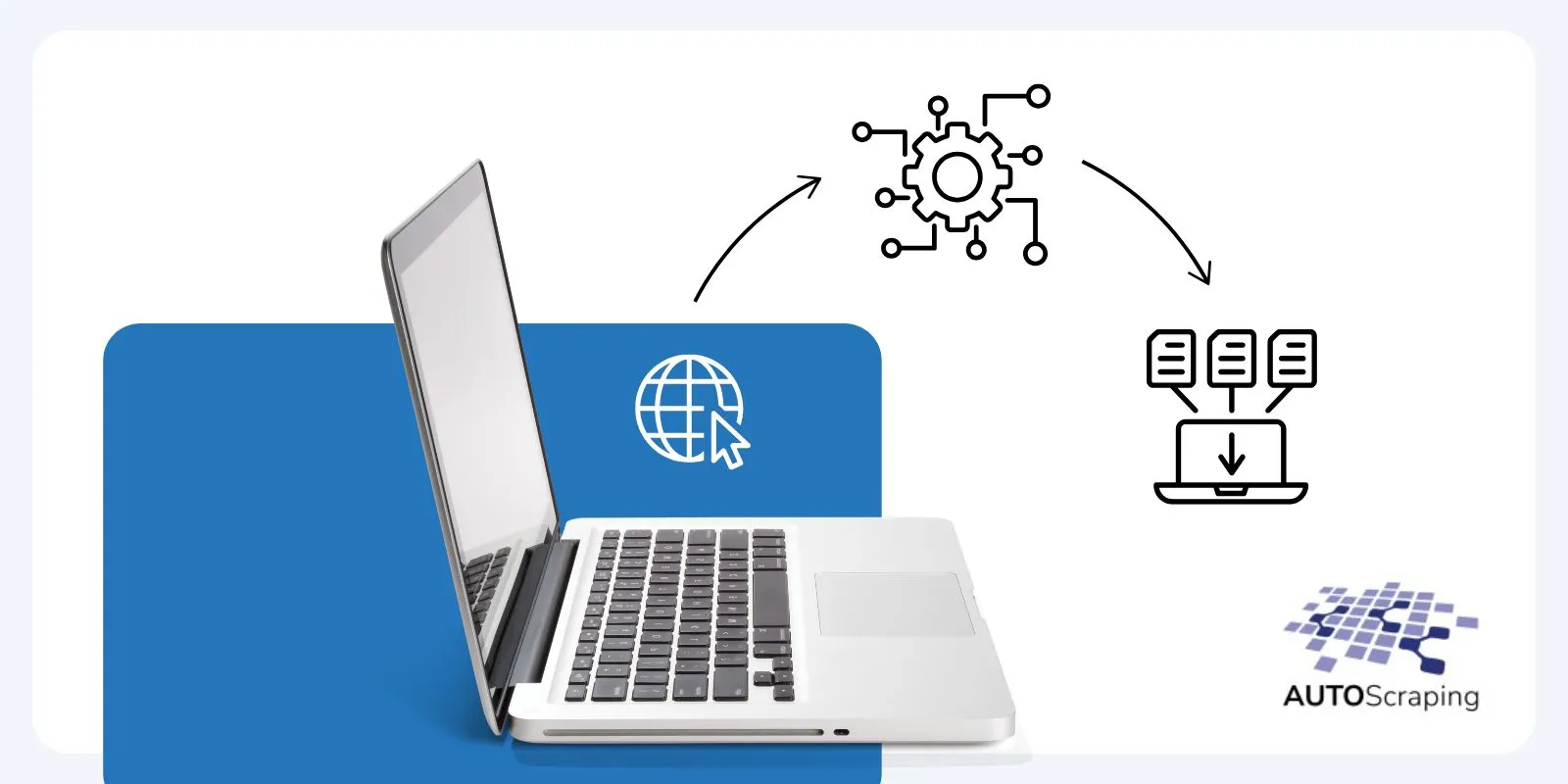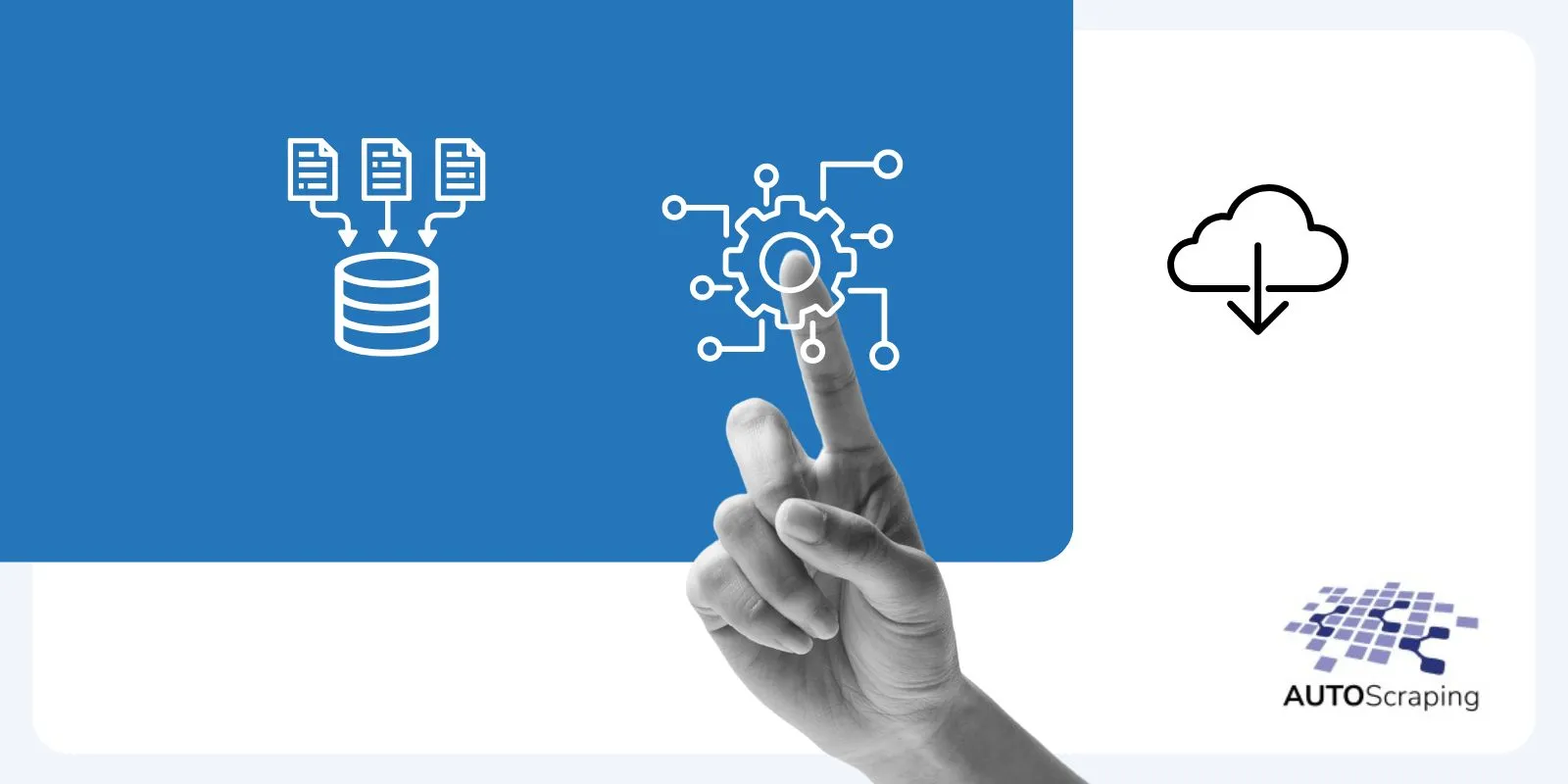Mastering the Art of Extracting Valuable Property Market Information
Unlocking the Power of Real Estate Data in Today’s Market
The real estate market thrives on information, and in this digital age, accessing data like house prices is more crucial than ever. This article delves into the significance of web scraping as an essential tool for gathering real estate data, specifically focusing on scraping house prices from various online sources. Understanding this process is essential for professionals and enthusiasts alike in the real estate market, enabling them to analyze trends and make well-informed decisions.
Understanding Web Scraping in the Real Estate Industry
Web scraping in real estate involves extracting more than just listing prices; it encompasses gathering comprehensive property details, location specifics, and historical pricing data. Explore the breadth of data available on real estate websites and how web scraping can strategically gather this diverse range of information, laying the groundwork for robust market analysis.
Tools and Technologies for Scraping House Prices
Selecting the right tools is crucial in web scraping for real estate, taking into account the website complexity, the nature of the data needed, and the data volume. It’s also vital to be aware of the legal and ethical aspects of web scraping in this field.
- Data Extraction/Web Scraping Tools:
- Beautiful Soup and Scrapy (for Python): These popular Python libraries are essential for web scraping. Beautiful Soup is excellent for parsing HTML and XML documents, suitable for small to medium-sized projects. Scrapy is a comprehensive framework for not just scraping data but also storing it.
- Selenium: This tool is used for websites requiring complex interactions, such as clicking buttons or filling out forms. Selenium simulates a real web browser, making it useful for handling JavaScript and dynamic content.
2. HTML Analysis Tools:
- Web Developer Tools in Browsers (like Chrome DevTools): Crucial for understanding the HTML structure of a website, these tools help identify the CSS selectors or XPath needed to extract specific data.
- Code Editors and HTML Viewers: Tools like Sublime Text or Visual Studio Code, equipped with extensions or plugins for HTML visualization, are useful for analyzing webpage code structures.
3. APIs and Webhooks:
- Real Estate Website APIs: Some websites offer public APIs, providing more structured and efficient access to their data.
- Webhooks: Useful for receiving automatic updates on new listings or price changes.
4. Data Storage and Analysis Tools:
- Databases (such as MySQL, MongoDB): Essential for storing scraped data efficiently. Both SQL and NoSQL databases are commonly used.
- Data Analysis Tools (like Tableau, Excel, Power BI): These tools are invaluable for analyzing and visualizing collected data to uncover real estate market trends and insights.
5. Automation and Orchestration Tools:
- Cron Jobs or Apache Airflow: Ideal for automating the scraping process at regular intervals.
- Docker or Kubernetes: These are used for deploying and managing large-scale scraping applications in production environments.
Navigating Legal and Ethical Considerations
Legal and ethical considerations are paramount in web scraping, particularly in the context of real estate data. Address the importance of compliance with web data usage policies and respecting website terms of use. Gain insights into responsibly scraping house prices, ensuring adherence to legal standards and ethical practices.
If you want to expand your knowledge on this topic, we invite you to access our following blog
Step-by-Step Guide to Scrape House Prices
To scrape house prices from real estate websites, follow these steps:
- Identify target websites: Determine which websites contain the property listings and pricing information you want to scrape.
- Inspect website structure: Analyze the HTML structure of the website using browser developer tools to identify elements containing desired data.
- Choose a scraping tool: Select a web scraping tool or library such as BeautifulSoup or Scrapy to automate data extraction.
- Write the scraping script: Develop a script that navigates through the website, selects relevant data, and saves it to a file or database.
- Handle dynamic content: Account for any dynamic content or JavaScript rendering on the website to capture all relevant data.
- Test and refine: Test the scraping script on sample data to ensure it works as expected, refining it as needed for accuracy and efficiency.
Conclusion
Emphasizing the valuable insights gained from web scraped real estate data, this article encourages readers to leverage this data for comprehensive market analysis, investment decisions, or academic research. By following the provided guidance and using web scraping techniques responsibly, individuals can unlock the potential of real estate data and make well-informed decisions in the dynamic property market.


